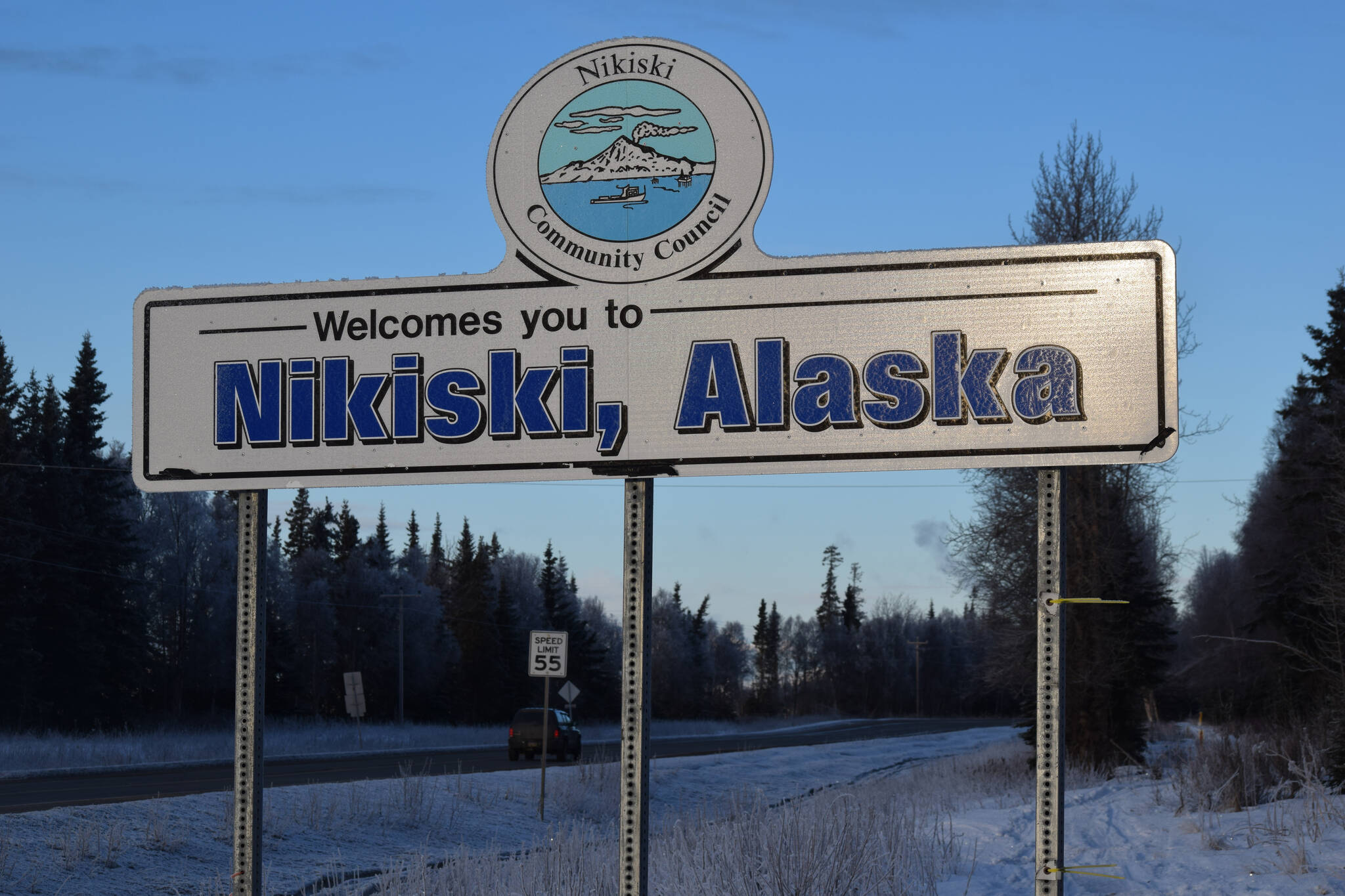By Pamela Miller
The State of Alaska Department of Environmental Conservation (ADEC) recently issued an air quality permit for the proposed Soil Treatment Technologies, LLC incineration facility (“STT facility”) in Nikiski. The operations plan is still under review however given that the permit received little scrutiny by the agency despite significant public opposition from local community residents, it seems likely that the agency will also give it a “rubber stamp.”
The facility would be allowed to release huge quantities of hazardous air pollutants annually, including up to 18 tons of nitrous oxides, 12 tons of carbon monoxide, 27.9 tons of sulfur dioxide, 5.9 tons of fine particulate matter (PM10), 2.5 tons of PM2.5, and 27.4 tons of volatile organic chemicals (VOCs). These emissions present a serious public health hazard to the community of Nikiski and especially to the people downwind and living within ½ mile of the proposed facility and to the children attending school at the middle and high school. The emissions include hazardous air pollutants that are cancer-causing, neurodevelopmental and reproductive toxicants.
The majority of the comments on the proposed permit and the operations plan were in opposition to the STT facility and based on legitimate concerns of people in the community about adverse effects that this facility will have on air and water quality, public health, property values, businesses and the local economy, wetlands, and wildlife. Over 200 local residents signed a petition in opposition to the facility. ADEC failed to conduct a meaningful public review process and issued the permit without regard or due consideration of the public health, safety, and property rights issues raised in the public comments. The process has been biased toward the applicant rather than the interests of the community and public health.
By issuing the permit, ADEC failed to meet the obligation to its mission of: “Conserving, improving, and protecting Alaska’s natural resources and environment to enhance the health, safety, and economic and social well-being of Alaskans.” It is within the Department’s authority and obligation under the Constitution of the State of Alaska to heed the public health threat posed by this proposed facility and to protect the rights and common welfare of present and future generations of Alaskans by revoking the permit and rejecting the proposed operations plan.
A recent study published in the American Journal of Public Health found that air pollution exposure is linked with preterm birth and low birth weight, known risk factors for many neurodevelopmental disorders in children. The scientists summarized the scientific evidence demonstrating that exposure to air pollutants (PM2.5, polycyclic aromatic hydrocarbons, nitrogen dioxide, black carbon) is “associated with adverse effects on brain development, including deficits in intelligence, memory, and behavior.” Emerging research, including a study from Harvard School of Public Health, finds that breathing more polluted air may itself worsen the effects of COVID-19.
Based on the threat to public and environmental health, ADEC should revoke the permit and reject the proposed operations plan. Safe non-combustion alternatives should be required for the destruction of contaminated soils.
Pamela Miller is the executive director Alaska Community Action on Toxics (ACAT) in Anchorage.
ACAT is a statewide public interest environmental health and justice research and advocacy organization. We have members in Nikiski who contacted us with concern about this facility.

